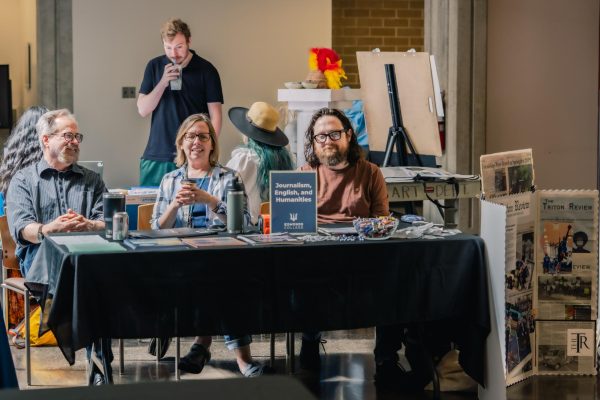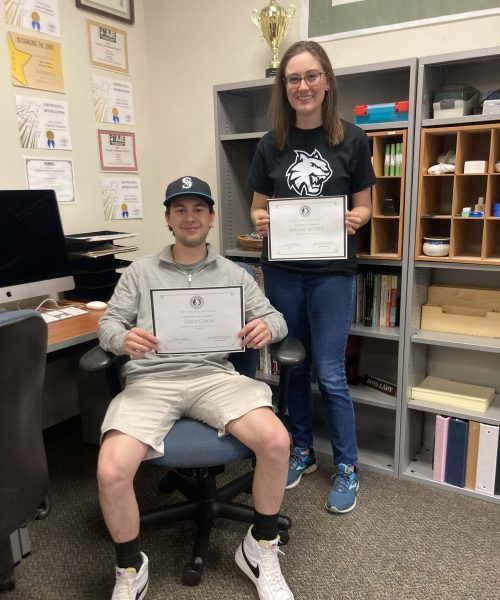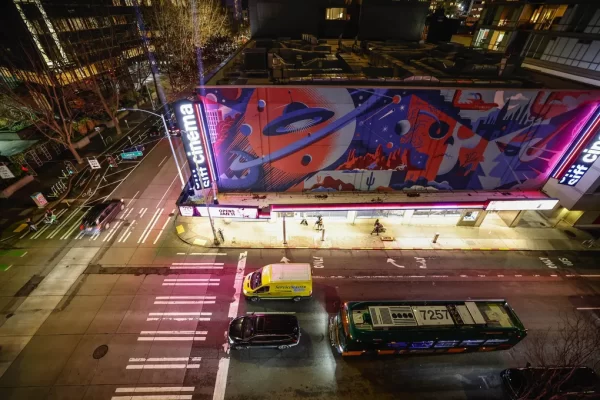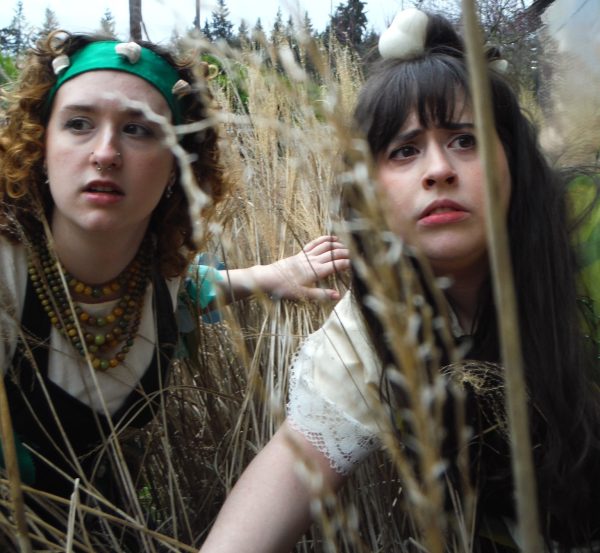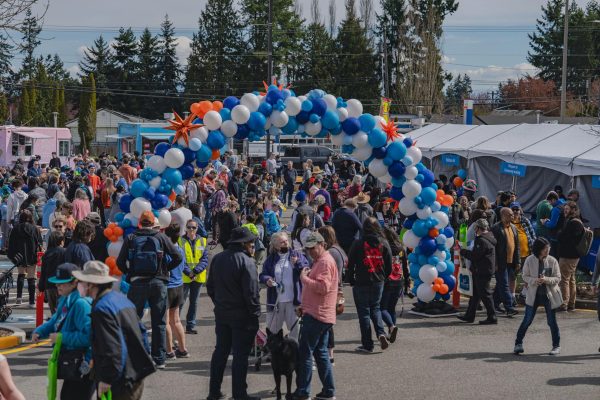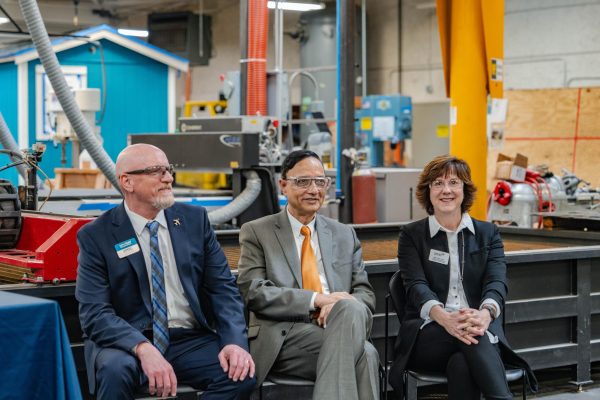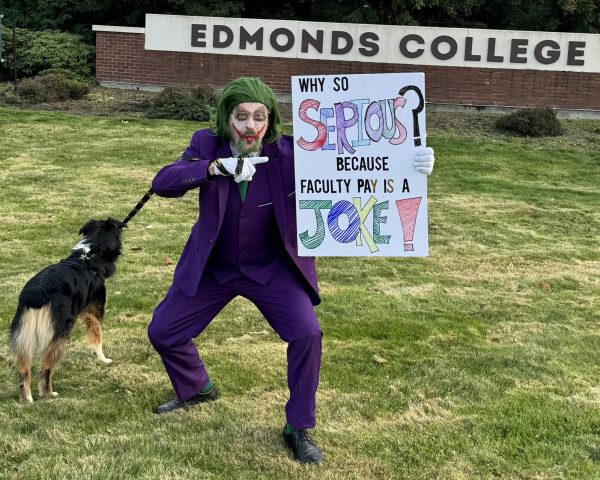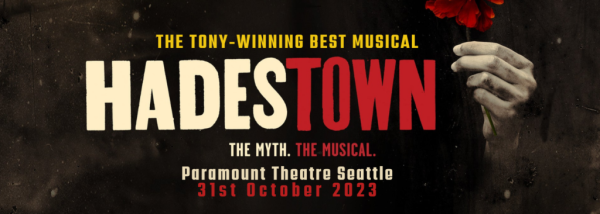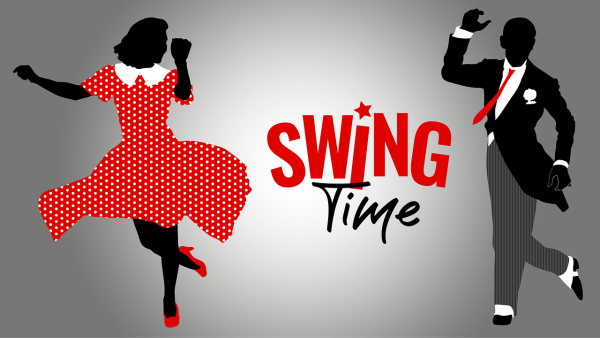College counselors adapt to remain available to students
Mental health is more important than ever during this time, which is why Edmonds College counselors have been hard at work to continue offering their services to students.
“I just want people to know that anytime they’re feeling that, you know, that unease, or that dread, or that exhaustion, or what have you, that it’s valid. That it’s significant even if someone has it worse than you do,” said Rose Earl, a counselor from Edmonds College.
When dealing with stress over adapting to life in a pandemic, it is important to have friends or family to reach out to because they probably are feeling similarly. Earl noticed, “This is something that everybody is going through. This is globally impacting us and there is so much uncertainty about it.” For students who may be interested in receiving help with coping with the stress of the virus, school counseling is still open, but it is over the phone or video call to ensure that students and staff are practicing social distancing. Apparently, there is plenty of available space for new clients.
When Elliot Huemann, an Edmonds College counselor, was asked about his main concerns for students at Edmonds College he confidently replied, “Initially, physical safety is prioritized. Secondary is mental health.” Social distancing can be difficult because socializing is such an important part of most people’s daily routine. The issue of mental and physical health tend to contradict each other in this situation, as Earl pointed out when she said, “I think one of the key things is a paradox. If you are someone that has lost someone to COVID or has somebody in the hospital then you have a direct connection to the pain and the grief that everybody is talking about. However a lot of us, especially because we’ve done a good job of the social distancing, are not experiencing direct contact with COVID. So, the paradox is, I’m at home. I’m actually doing fine and I’m not sick.”
Sick or not, each of us are affected by the virus. Staying at home can be a burden in itself in a different way than the virus. This is a time to support each other, such as reaching out over the internet, understanding the spectrum of stories that arise from this issue, and recognizing that not all people are in the same situation as yourself.
Huemann put it well when he said, “Situations like this highlight problems of equity. Noticing how not all students have the same means. Some rely on the campus as a hub for a lot of things. It’s a safe space.”
So, the Edmonds College counselors have made a new safe space online. They have redesigned their website for the school to be more accessible. When you look they have important information at the top of the page. It lists: “Counseling Services”, “Schedule an Appointment”, and “Resources” which makes their website easy to navigate. Below that, they link their YouTube page.
Their YouTube channel started as a result of education being moved online. Huemann is a common friendly face you’ll find in the videos they’ve posted. He talks about the importance of “coming up with ways for the community to access different mental health resources and one of the ways is by recording these videos.” He talks about regularly doing mindfulness meditation and has posted many videos where he guides viewers through the exercise. Some of his focuses have been on ‘Loving Kindness,’ ‘Giving ourselves Kindness,’ and ‘Being a Friend to Yourself.’
These are important ideas to keep in mind when friends and resources can feel far away and inaccessible. Resources like the ones the Counseling Center offers are so important, Earl mentions, “Especially with students, we are asking them to completely shift their way of being students. And it’s not always favorable to them. Online is not always favorable to people. I’ve got clients who ergonomically can’t function because they don’t have a good table and chair in their home. . . I’ve been on the phone during sessions with clients while they’re looking for Starbucks that maybe has wifi where they can park in their parking lot.”
The pandemic impacts all students and people’s lives in an array of ways that aren’t the same but we are all dealing with the same problem together. This is hard to remember when you don’t get to see people outside who you live with and are sharing issues with. This is where the paradox of health and mental health comes into play.
Earl mentioned, “One thing I hear a lot is ‘I don’t know why I’m complaining I’m actually doing fine. I know a there’s other people who have it worse than I do.’” But all issues are valid because the change from the pandemic affects all of our lives and, in turn, our mental health. We are all walking into the dark together because the future is so uncertain.
Information and resources found on the internet is necessary when people do not have access to the in-person interactions they usually would. So, finding that place where you feel safe is essential and it is probably on your phone or laptop. Don’t be scared to try new ways of socializing because everyone is discovering that they depend on these new forms of connection with you. Huemann advised, “Find places where you get to be yourself. Our lives kinda got put in a blender. We have to be kind to ourselves and acknowledge this is a hard time.”

